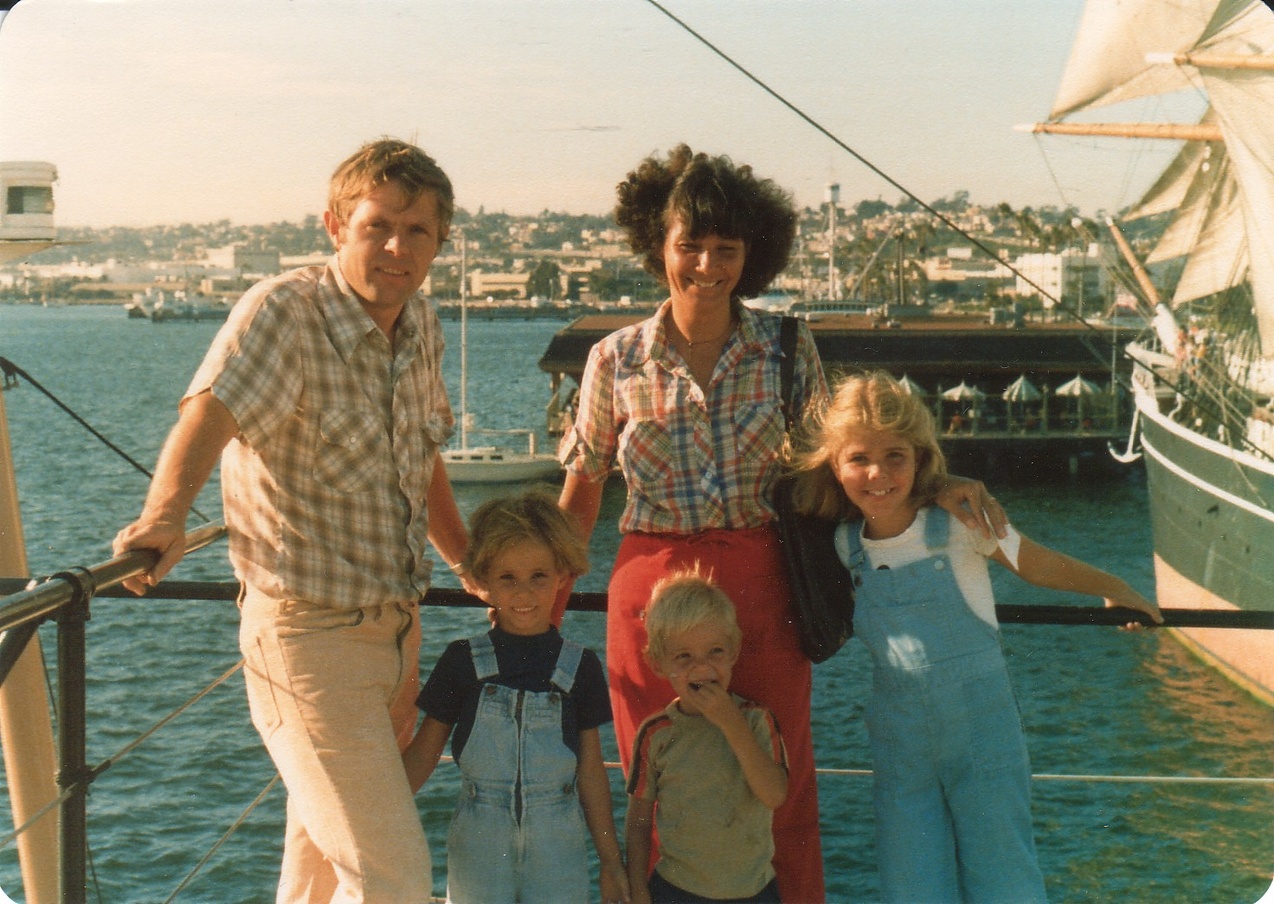It was August of 1981, early morning, in the office of John Lutz, managing partner of McKinsey Management Consulting in Mexico City. I was three months out of Stanford with an MBA degree, working for McKinsey Management Consulting in Mexico City.
The McKinsey offices sat in a very stylish high-profile office building overlooking a critical freeway junction over Chapultepec Park, linking the fancy Las Lomas residential area with Polanco and the Paseo de Reforma main business district. The streets were wet from rain overnight, and the freeway was, as almost always, jammed. The sky was dense, a mixture of rain clouds and smog.
Mortified, but I had to quit
I was mortified to tell Lutz that I needed to quit. I’d only been there a few weeks. I didn’t like to see myself as the archetypical fancy MBA blowing off the first job. I was 33 years old, married, and my wife was expecting our fourth child. I was way too mature for this stuff.
I certainly didn’t belong there. I’d been entrepreneurial for 10 straight years, making my own way with freelance journalism and, later, my own consulting, and I wasn’t up to faking awe for the partners. And as a family, we didn’t belong in Mexico City. I had loved that place for nine years in the 70s, it had been good to me, but I was done. And Vange was just as done, even though it was her city. It had become too big, too hard to deal with. We had left in 1979 and shouldn’t have gone back in 1981.

The above was our young family in 1979 on the driving trip from Mexico City to Stanford campus.
Furthermore, as I’d come out of the business school, I chose McKinsey for the wrong reasons. It was the job that made me look best in the eyes of my peers. It wasn’t just the money and prestige, it was also the competition. With McKinsey, I’d won.
Wrong job, wrong choice
But the job I’d chose was meant for a 26-year-old single person blinded by ambition and unencumbered by relationships. Like most professional firms, success involved putting up with a corporate culture that spent 12 to 14 hours a day in the office, whether or not there was work to be done. The firm actively discouraged families by encouraging long-term business travel but without families, and by running 5-day strategy meetings at beach resorts and forbidding families coming along, even at the family’s own expense. I was not supposed to disagree with partners. Lutz’s previous one-on-one with me was to complain about my second-guessing a partner, in a cocktail setting, in front of a client. But the issue on that one was about an imminent peso devaluation, and I was right and the partner wrong. Staying quiet about peso devaluations never occured to me. After all, I’d been the Business Week correspondent in Mexico for years, and I’d learned to read the signs. I’d bet right on devaluation and earned enough from it to pay for a year in school. Also, aside from that one, an associate I was supposed to put up with one of the partners who parked his six extra cars in the reserved spaces of associates, one of which was mine — in Mexico City, where parking spaces were so scarce you could take hours looking. Oh, and at the end of the day, as an associate, I was warned not to leave before all of the six partners had left. It would have meant hanging around, with nothing to do, from six to nine, while Vange and our three kids waited at home. I ignored that advice, of course. I mention it here because it illustrates the awkwardness of that job, for me.
So, back in the office with John Lutz, did I tell him why I was leaving? That I didn’t like the job, had made a bad decision, didn’t like Mexico City either? No. I didn’t. I told him I needed a lot more money.
The lesson: tell the damned truth
This is one of the best arguments ever for telling the damn truth, even when it’s embarrassing. I’m still embarrassed, but I’m older now, and, well, I think this is a good lesson to share.
The next day they doubled my peso salary. But I still left, and I left looking and feeling really stupid. Why didn’t I just tell the truth in the first place? If the first conversation was hard, the second, when I told him I was still leaving, was ten times harder.
I’ve made a lot of mistakes. You can’t build a business from scratch without making mistakes. It’s an entire category on my blog, more than 150 posts. This dumb MBA mistake wasn’t my worst, but it’s one of the easiest to explain afterwards, and I hope one that might help others avoid making it too. There is a moral to this story.
As it turned out, the mistakes were choosing the job in the first place, and then not telling the truth about why I was leaving. But leaving, the main decision, was not a mistake. I had arranged a job waiting for me with Creative Strategies International in San Jose. For me and my family, returning back to the San Francisco peninsula, Silicon Valley, seemed like returning from exile back to paradise.
There are two morals to the story. First, never make decisions to impress others. Second, never slant away from the truth to make a hard moment easier. Give it a spin instead, and you risk looking twice as bad later.
